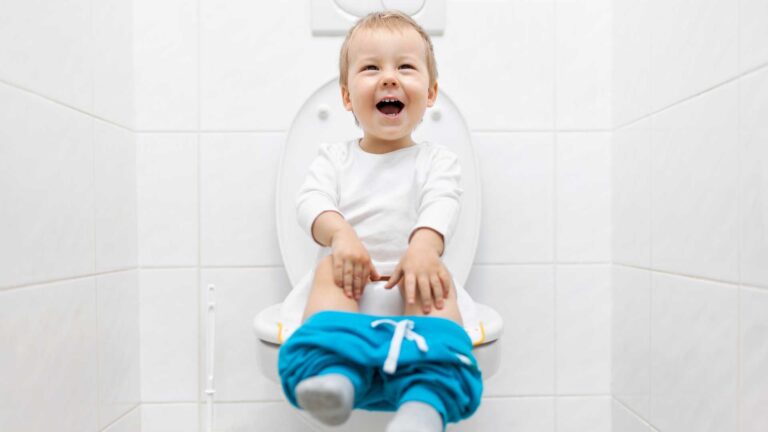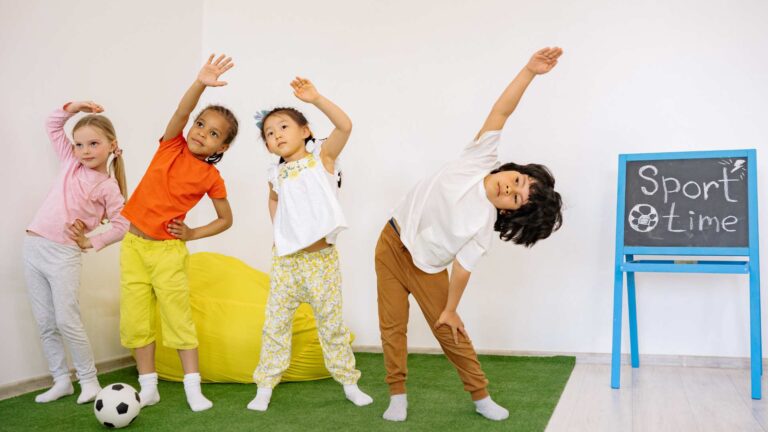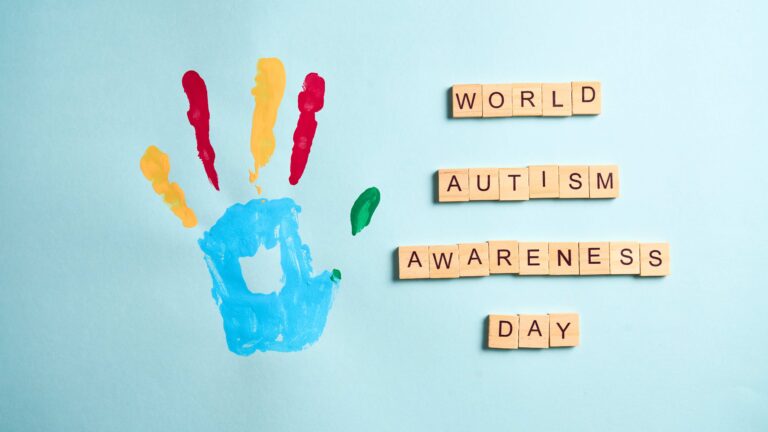Table of Contents
How can I address autism potty training?
Autism and potty training are topics that require attention and a specialized approach. Potty training is a substantial milestone in any child’s development, allowing them to reach a higher degree of independence and marking a significant step towards autonomy in daily life. However, when it comes to autism potty training, this process can be more challenging due to the traits of autism spectrum disorder (ASD).
At ABA Centers of Rhode Island, we serve the needs of neurodiverse families through autism care services such as diagnosis, early intervention, and ABA therapy at home and school. Many parents of children with autism ask us, “How can I address autism potty training?”
We recommend first considering the challenges that children with autism may face, such as sensory sensitivities, communication difficulties, and rigid routines. Fortunately, experts in Applied Behavior Analysis (ABA), a methodology that addresses learning and teaching adapted to autism, offer proactive measures to make this process autism-friendly.
In this blog, we offer a guide with six strategies that can help make autism and potty training more bearable. The tips and practical actions are recommended by ABA experts.
So, read on to learn how you can approach autism and potty training.
Potty Training ASD: What are the Challenges?
For many children, toilet training involves understanding body cues, following directions, and adapting to a new routine. However, in the case of autism and toilet training, children may face additional obstacles that make toilet training difficult. Each child is unique, and their challenges may vary, but understanding these issues is key to approaching toilet training successfully.
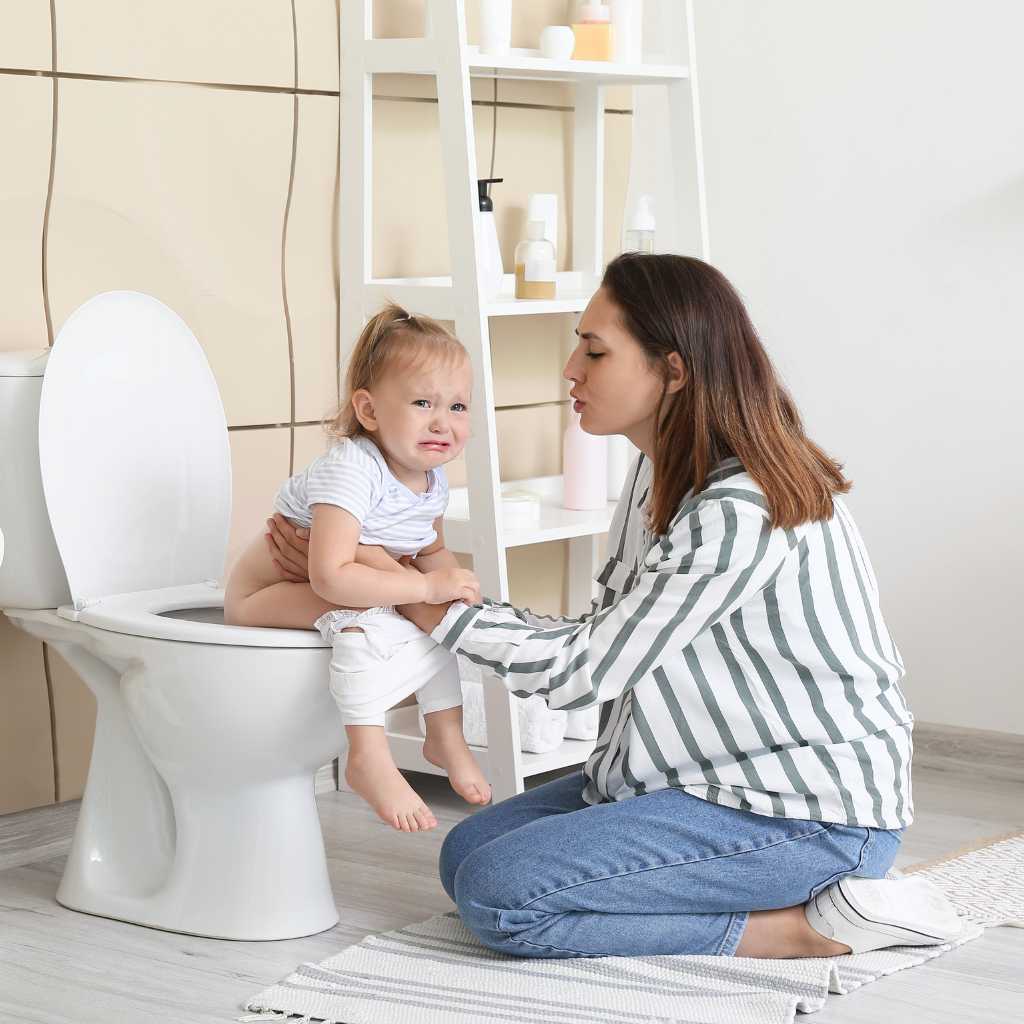
Below, we will provide a more in-depth explanation of the challenges of autism and toilet training:
- Sensory Overload: Sensory sensitivities can make the bathroom environment overwhelming or even painful. Some kids can find the bright lights, the sound of the toilet flushing, or the feeling of cold water and soap in their hands a distressing experience.
- Communication Difficulties: Communication difficulties also play a role in autism and toilet training, as a child may not have the verbal skills to express when they need to go to the bathroom or understand verbal cues to complete the task correctly.
- Rigidity in Routines: Some children with autism often find comfort in predictability and routines, which can make any changes, such as toileting, stressful or confusing.
- Anxiety: An essential factor to consider in autism potty training is the anxiety that can arise when introducing new habits. Some children may develop phobias related to toileting because of previous negative experiences or just being confronted with something new.
How Can ABA Therapy Help with Autism and Toilet Training?
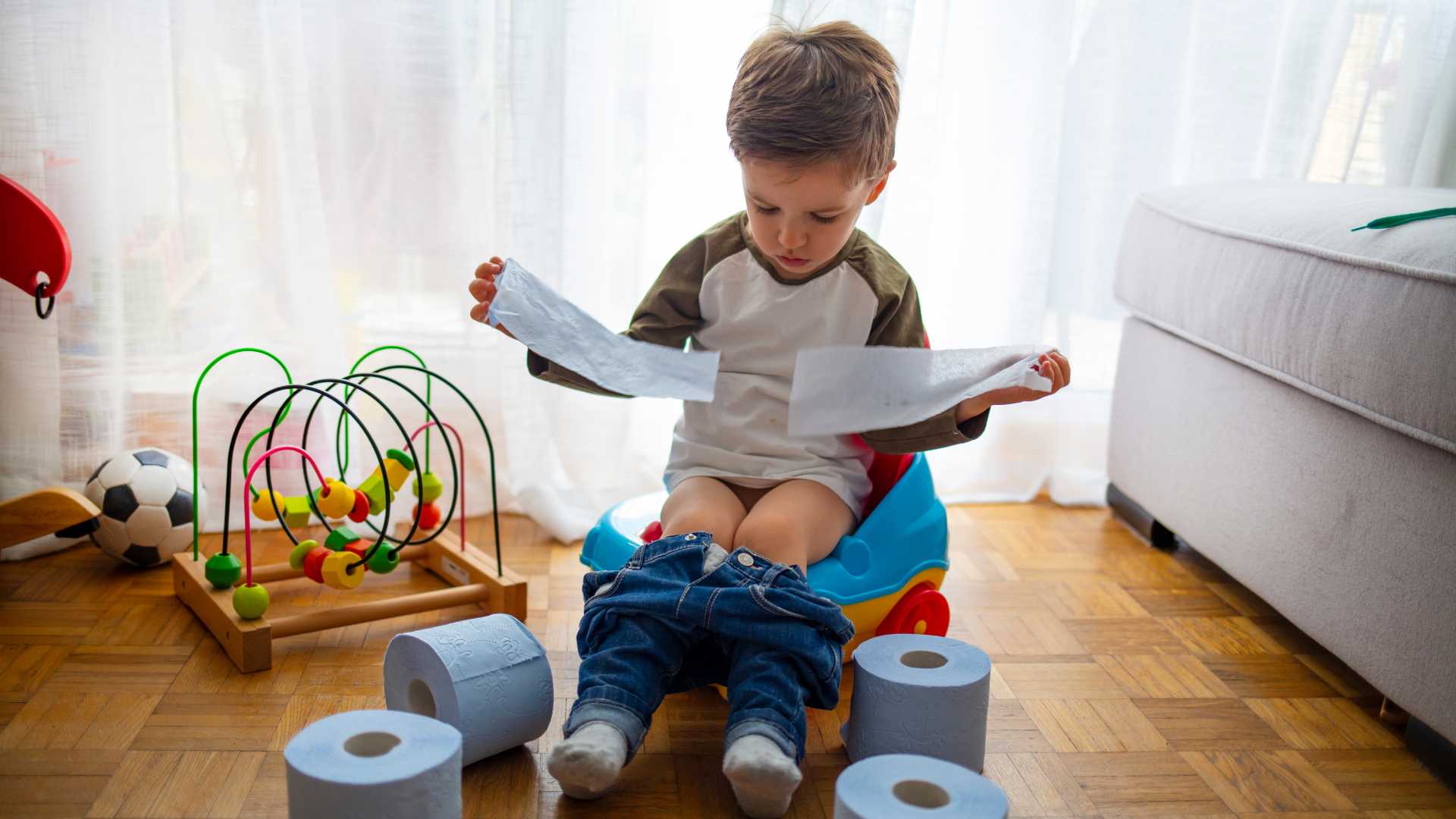
ABA therapy is a valuable tool for supporting neurodiverse families in toilet training. ABA focuses on positive reinforcement and detailed analysis of behaviors, allowing therapists to tailor strategies to the child’s particular needs. Through observation, ABA providers can identify patterns of behavior and develop a personalized plan that reinforces desired behaviors, such as alerting when they need to go to the bathroom or using the toilet independently.
This approach relies on patience, repetition, and breaking down tasks into small, simple steps, ensuring that the child understands each step of the process in a way that is accessible to them. In addition, ABA therapy offers practical resources for parents, helping them establish clear, predictable routines that reduce anxiety and promote success.
Several studies by the Association for Behavior Analysis International explore the field of Applied Behavior Analysis with effective toilet training programs in applied settings.
Six Strategies to Support Toilet Training for Children with Autism
In addition to relying on ABA therapy, parents and caregivers can implement practical ABA-based strategies at home to support autism and toilet training. The following six strategies can make the learning process more manageable for children and their families:
- Create a predictable routine: Structure is critical for many children with autism. Establishing regular times to go to the bathroom can help make the process less stressful. Use visual pictures or calendars to depict when it’s time to go to the toilet, and be sure to keep that routine consistent.
- Use positive reinforcement: Celebrating each small accomplishment with motivational rewards can be an effective strategy. Identify what the child likes, whether it’s a toy, extra playtime, or a particular activity, and use it as an incentive when they make progress in the process.
- Gradual desensitization: If the child shows fear or discomfort with certain aspects of the toilet, such as the sound of the bathroom or the feel of the cold lid, introduce these elements gradually. Allow the child to explore the toilet without pressure to use it at first, gradually reducing anxiety.
- Work on communication: If your child has difficulty expressing when they need to go to the toilet, use visual or gestural resources that facilitate communication. Visual cards or communication boards can help the child understand and express this need without relying on verbal language.
- Adapt the environment: Make sure the bathroom is a comfortable and welcoming space for the child. Consider adjusting the lighting, adding cushions to the toilet seat, or even playing soft music to create a more relaxing environment. Eliminating stimuli that may be overwhelming is vital to a successful process.
- Involve an ABA therapist: Having the support of an ABA professional can make a big difference. These specialists can assess your child’s specific needs and develop a tailored plan that reinforces appropriate behaviors while providing ongoing support throughout the process.
The Importance of Approaching Autism Potty Training with ABA Support
Toilet training is a critical life skill that any child should acquire. Mastering potty training gives children increased self-confidence, improves their quality of life, allows them to integrate into other societal settings, and decreases caregiver burden.
Studies in the Journal of Developmental and Behavioral Pediatrics have found that children with autism often acquire independent toileting skills later than typically developing children. Nearly 50% of children with autism between the ages of 4 and 5 are not toilet trained compared to 8% of typically developing children of that age.
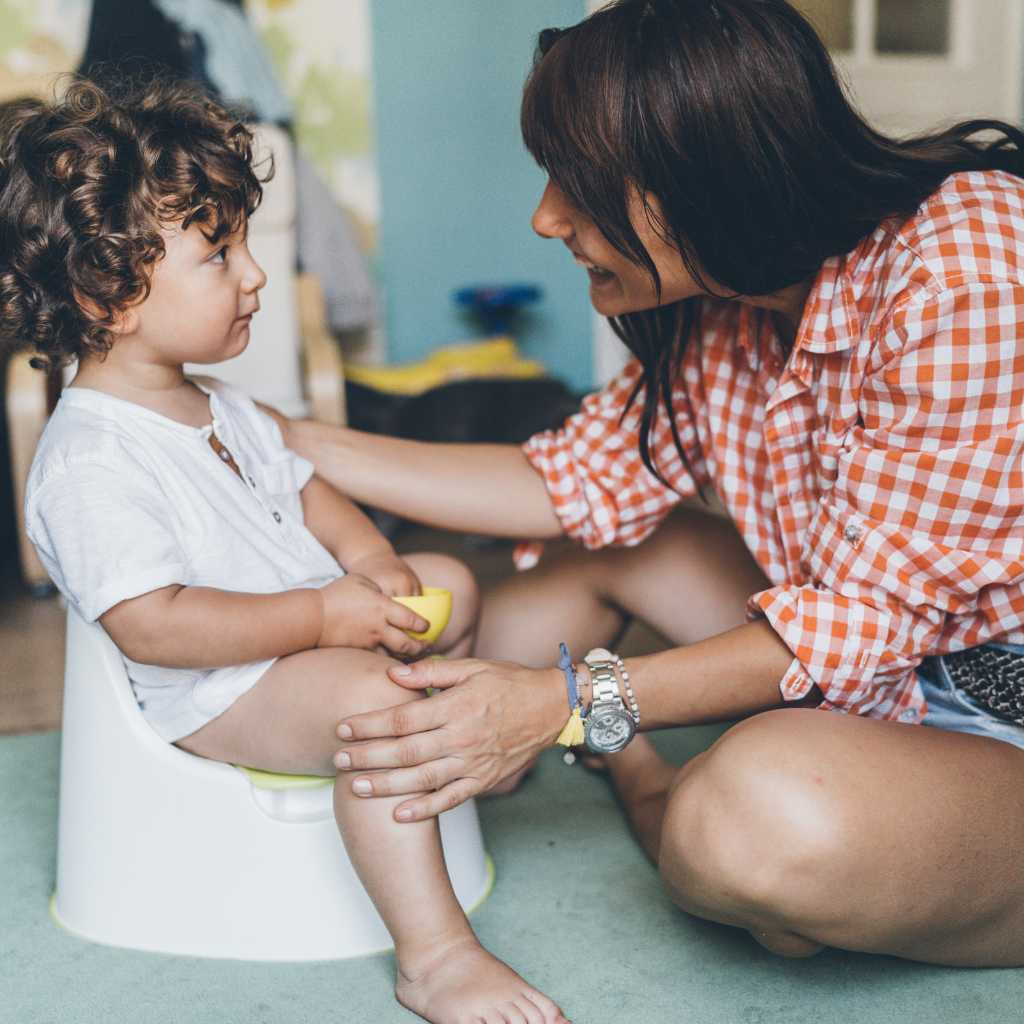
Fortunately, with the help of ABA therapy, patience, compassion, strategies that address the unique needs of each child on the spectrum, and their support network, children can achieve this essential developmental goal!
Get Autism and Potty Training Support with ABA Centers of Rhode Island
Autism and potty training can be challenging, but with patience, understanding, and the right strategies, parents can make this process more accessible and less stressful for their children. Remember that each child is unique and may need a different approach, so it is essential to watch for their cues and adapt strategies as needed. ABA therapy offers valuable guidance to support both children and parents on this journey. If you feel you need additional help, don’t hesitate to contact ABA Centers of Rhode Island. Call us at (855) 922-4184 or contact us online. We work with no waiting lists!

